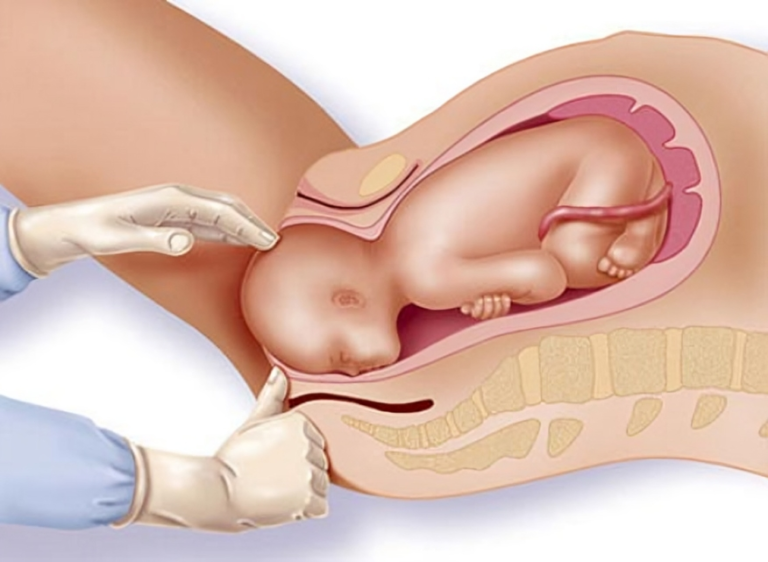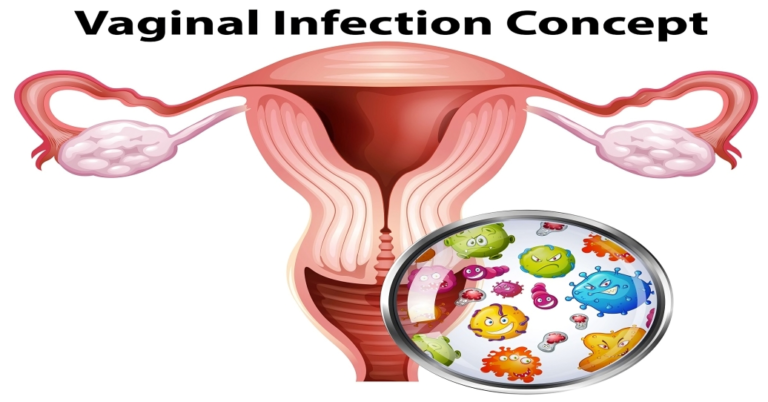Nurturing Beginnings: A Comprehensive Guide to Maternity Care.
Maternity care is a crucial aspect of women’s healthcare, encompassing a range of services aimed at supporting women throughout the journey of pregnancy, childbirth, and the postpartum period. In this article, we will explore the various components of maternity care, emphasizing the importance of comprehensive and compassionate support for expectant mothers.
To Know More About It Please Click Here
The Importance of Maternity Care
Maternity care is designed to ensure the well-being of both the mother and the baby throughout the stages of pregnancy and childbirth. It involves a continuum of services, from prenatal care that monitors the health of the mother and the development of the baby to postpartum care that addresses the physical and emotional needs of the new mother.
Key Components of Maternity Care
- Prenatal Care: Prenatal care is the foundation of maternity care, beginning with early visits to healthcare providers upon confirmation of pregnancy. Regular check-ups during prenatal care involve monitoring the mother’s health, assessing the baby’s growth, and providing essential information on nutrition, exercise, and childbirth preparation.
- Educational Support: Maternity care includes educational support to empower expectant parents with knowledge about pregnancy, childbirth, and infant care. Classes on childbirth, breastfeeding, and newborn care are commonly offered to help parents feel confident and prepared.
- Labor and Delivery Services: Maternity care involves the provision of labor and delivery services in a hospital, birthing center, or at home, depending on the mother’s preferences and medical needs. This includes obstetric care, pain management options, and support from a multidisciplinary team of healthcare professionals.
- Postpartum Care: Postpartum care is a critical phase that focuses on the recovery of the mother and the well-being of the newborn. It includes monitoring for postpartum complications, providing breastfeeding support, and addressing any physical or emotional challenges the mother may face.
- Emotional and Mental Health Support: Maternity care recognizes the importance of emotional and mental health during pregnancy and the postpartum period. Support services may include counseling, support groups, and resources to address the emotional well-being of expectant and new mothers.
- High-Risk Pregnancy Management: Some pregnancies may be considered high-risk due to factors such as maternal age, pre-existing health conditions, or multiple pregnancies. Maternity care ensures that specialized services and monitoring are available for women with high-risk pregnancies.
Collaborative Approach to Maternity Care
Maternity care is most effective when delivered through a collaborative approach involving obstetricians, midwives, nurses, and other healthcare professionals. This collaborative effort ensures that expectant mothers receive comprehensive and personalized care that considers their individual needs, preferences, and medical history.
The Role of Technology in Maternity Care
Advancements in medical technology have enhanced maternity care by providing tools for prenatal screening, monitoring fetal development, and ensuring the safety of both mother and baby during childbirth. Telemedicine has also played a role in facilitating remote consultations and support, especially in situations where in-person visits may be challenging.
To Know More About It Please Click Here
Conclusion
Maternity care is a holistic and evolving field that prioritizes the health and well-being of expectant mothers and their newborns. By providing comprehensive prenatal, labor and delivery, and postpartum care, the healthcare system aims to create a supportive environment that empowers women to navigate the journey of motherhood with confidence and resilience. As society continues to recognize the importance of maternal health, ongoing research, education, and advancements in technology will further contribute to the improvement of maternity care practices.







